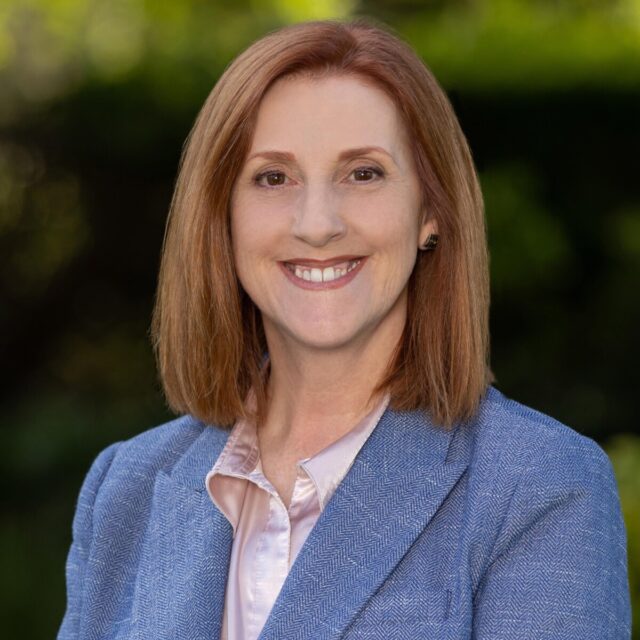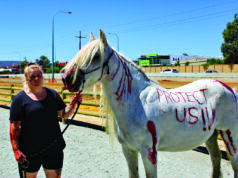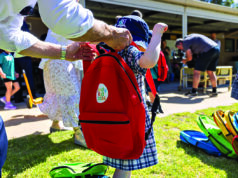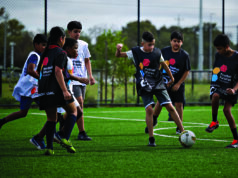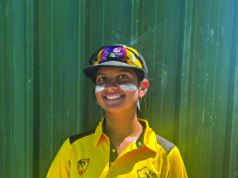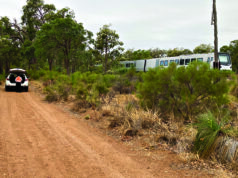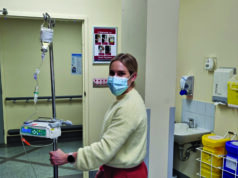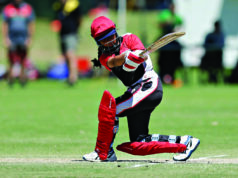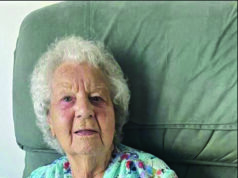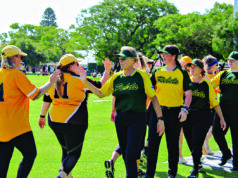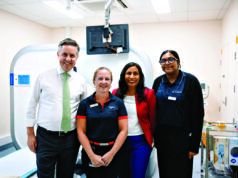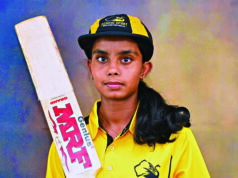The Polyphagous shot-hole borer (PSHB) has been a threat to WA trees since the bug first entered the state in August 2021 from suspectedly Southeast Asia.
Since then, many local cities and shires have been affected by the bug which kills trees by burrowing into trunks, stems and branches and introducing a fungus.
The City of Armadale in particular has shown great concern to the invasive species, with the State Government earlier this month declaring the bug would no longer be “technically feasible to eradicate”.
City of Armadale mayor Ruth Butterfield said the spread of PSHB is a concern for the city’s natural environment.
“The City of Armadale is deeply concerned about the continued spread of polyphagous shot-hole borer (PSHB), which has already impacted our local environment and urban canopy,” she said.
“The State Government has announced that eradication is no longer considered technically feasible, with the program now moving to a long-term management approach from 1 July. “While the City acknowledges this change is based on scientific advice, we share the community’s disappointment at the outcome and the risks it poses to local trees, public spaces and biodiversity.”
Mayor Butterfield said preserving the tree canopy in the city and protecting the community from PSHB is a top priority.
“The city is actively working with the Department of Primary Industries and Regional Development (DPIRD), the Department of Biodiversity, Conservation and Attractions (DBCA) and the Western Australian Local Government Association (WALGA) to monitor developments and ensure best practice measures are in place,” she said.
“We are also reviewing funding opportunities such as the Tree Recovery Grant, which may help support local recovery efforts. Urban canopy and natural areas remain a high priority.

“The city continues to invest in tree planting through its Urban Forest and Landcare programs and is applying quarantine protocols across its operations to limit further spread. “We encourage residents to remain vigilant, learn the signs, report suspected infestations, and avoid moving untreated green waste or firewood outside of the quarantine area. Every small action contributes to slowing the spread.
“The city will continue advocating for long-term support and resources to help protect our natural assets and green spaces for future generations.”
WALGA has also shared in the mayor’s disappointment at the State Government’s announcement to transition the PSHB response plan from eradication to management.
WALGA president Karen Chappel said the change in the response plan was a result of the “inadequacy of the State Government’s early response to PSHB”.
“WALGA has long been concerned about the effectiveness of the State’s PSHB response and has been calling for greater transparency, research into control methods and more community education and engagement,” she said.
“This failure will have significant implications for Local Government, who are already spending millions to control PSHB and increase tree canopy, and will now face the additional, ongoing costs of managing or removing infected and dying trees in public parks and streets.
“While the WA Tree Recovery Program is a step in the right direction, there is much more to be done and in the transition to a management phase, more direct funding is needed to assist Local Governments.
“Without ongoing national support, managing PSHB will require a significant, long-term investment from the State Government to assist Local Governments.”
The Cook Labor Government said from next month, their focus will be to limit the spread of the PSHB, which has been allocated $26.5 million in the 2025-26 state budget, including the previously announced $7.2 million for the Tree Recovery program.


